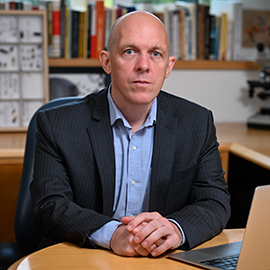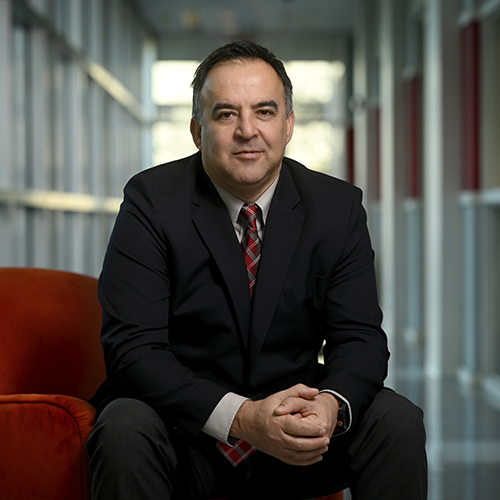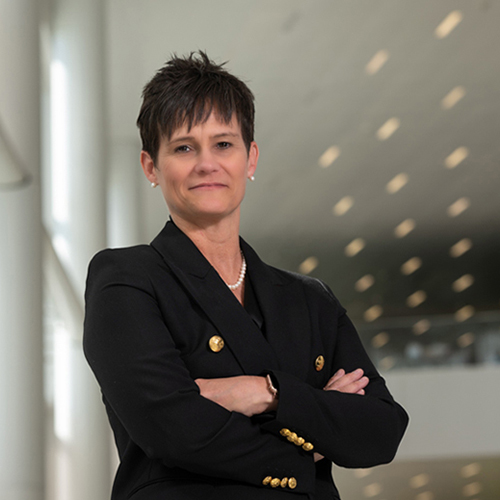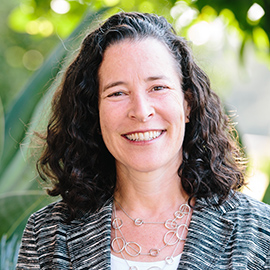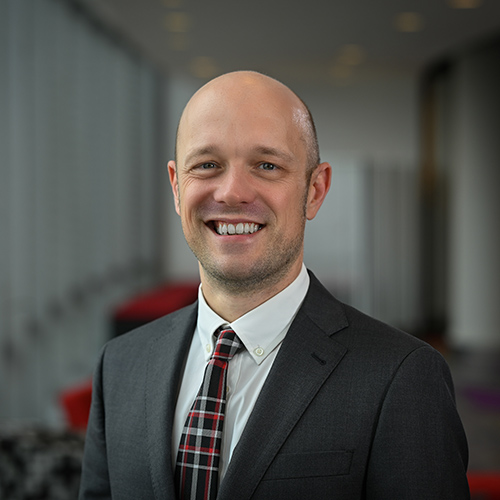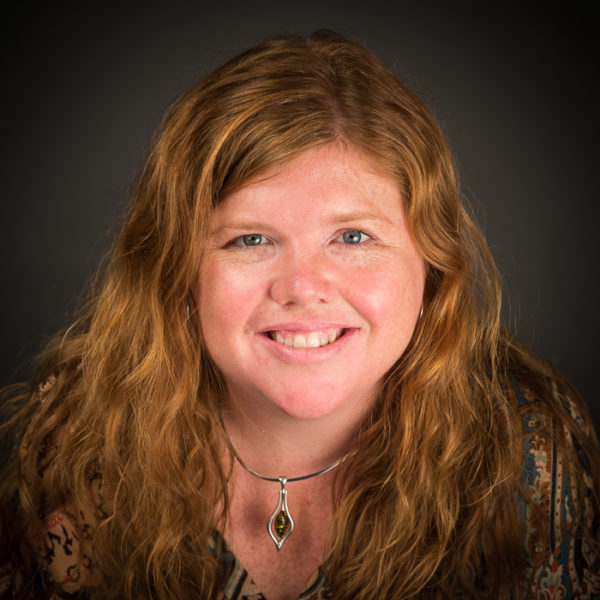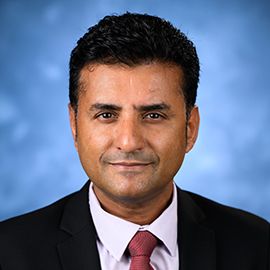Office of University Interdisciplinary Programs
The Office of University Interdisciplinary Programs promotes a campus culture of interdisciplinary excellence and collaboration across academic boundaries.
About the Office
The Office of University Interdisciplinary Programs builds on successful interdisciplinary efforts that started as part of NC State’s previous strategic plan. The office also brings key Provost’s Office units and initiatives that cross disciplinary boundaries together in one place. It fosters and supports partnerships with university-level interdisciplinary programs and oversees the following: the Chancellor’s Faculty Excellence Program, academies, the Biotechnology Program, the Coastal Resilience and Sustainability Initiative, NC State Entrepreneurship, the Integrative Sciences Initiative and Building and the Shelton Leadership Center. The office’s work is closely aligned with Wolfpack 2030: Powering the Extraordinary, NC State’s 2021-2030 Strategic Plan, and will advance all three pillars of the university’s land-grant mission: excellent teaching, research and engagement.
Questions?
If you have any questions about the Office of University Interdisciplinary Programs, or would like to increase your engagement with interdisciplinarity at NC State, please contact university-interdisciplinary-programs@ncsu.edu.
Who We Are
Senior Vice Provost for University Interdisciplinary Programs
Associate Vice Provost for Student-Centered Interdisciplinary Initiatives
Executive Assistant to the Senior Vice Provost for University Interdisciplinary Programs
Executive Director of Development and Assistant Vice Provost for University Interdisciplinary Initiatives
Unit Directors
Executive Director, NC State Innovation and Entrepreneurship
Executive Director, Integrative Sciences Initiative
Director, Coastal Resilience and Sustainability Initiative
Office of University Interdisciplinary Programs Advisory Committee
- Debbie Acker, Director, Shelton Leadership Center
- Matthew Morse Booker, Vice President for Scholarly Programs, National Humanities Center
- Helen Chen, Senior Vice Provost for Instructional Programs
- Adrian Day, Vice Provost for Business Operations and Strategic Resource Management
- Eric Dorfman, Director and CEO, North Carolina Museum of Natural Sciences
- Jason Delborne, Director of Science Technology and Society
- Kim Grainger, Associate Vice Provost for Academic Personnel and Policy
- Rachel Levy, Executive Director, Data Science Academy
- Jennifer Capps, Interim Assistant Vice Provost and Director of Student Learning and Faculty Development for NC State Entrepreneurship.
- Adrian Percy, Executive Director, North Carolina Plant Sciences Initiative
- Josh Pierce, Director, Integrative Sciences Initiative
- Jamila Simpson, Assistant Dean for Inclusive Excellence, College of Sciences
- Cranos Williams, Goodnight Distinguished Professor in Agricultural Analytics, College of Engineering and College of Agriculture and Life Sciences
